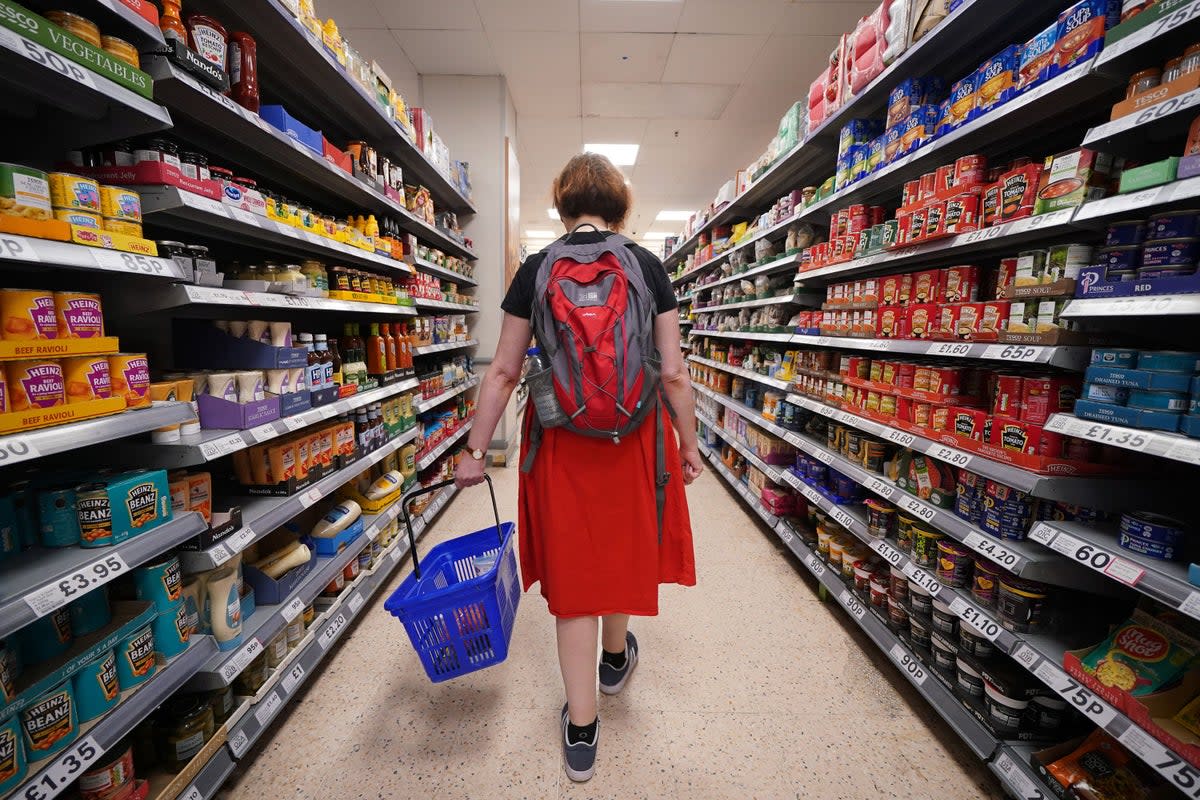AI face scanners could be used in supermarkets to check if you are old enough to buy alcohol

Artificial intelligence (AI) scanners could be rolled out in supermarkets to check the age of shoppers when they are buying alcohol under new government plans.
A government consultation was launched by policing minister Chris Philp on Wednesday which could replace the need for physical proof of identification.
Instead, establishments that serve or sell alcohol, such as supermarkets, pubs or bars, could utilise face scanning technology to check if a customer is old enough to purchase the product.
Tesco, Asda, Morrisons and Co-op have already taken part in trials to test the technology, by scanning the customer’s face at the till when they pay for their goods, according to The Telegraph.
If the scanning technology decides that the customer could be under the age of 25 then a member of staff would be prompted to ask them for physical identification, such as a passport or driving licence.
Under current rules only an ID with a photo, date of birth and holographic mark - such as a passport or driving licence - are permitted to be used to confirm a person’s age.
The consultation would seek to make potential changes to the Licensing Act 2003, which covers the retail sale and supply of alcohol in the UK.
Mr Philp said: “The government is keen to enable the secure and appropriate use of new technologies that can improve the experience of consumers and retailers. However the current wording of the Act does not allow technology to play a part in the age verification process for alcohol sales.
“A person must make the decision on whether an individual is old enough to purchase alcohol. We are therefore consulting on whether to amend the Act so as to allow digital identities and technology to play a role in age-verification.”
The consultation will also explore if there can be age verification checks when alcohol is bought online and delivered to the customer.
He said: “Currently the Act only sets out a requirement to verify age at the point of sale or appropriation to a contract, not at the point of delivery.
“We are reviewing whether this is still right and whether there should additionally be checks at the point of delivery and/or service. We are consulting on whether to amend the Act so that it is explicit about when age verification must take place.”
The government is optimistic that any changes would be beneficial for businesses and police.
Mr Philp added: “Discussions with stakeholders in the hospitality, retail and licensing sectors, as well as policing, suggest that there could be considerable support for the use of digital identities as well as technology to help to establish if an individual is old enough to purchase alcohol.”


